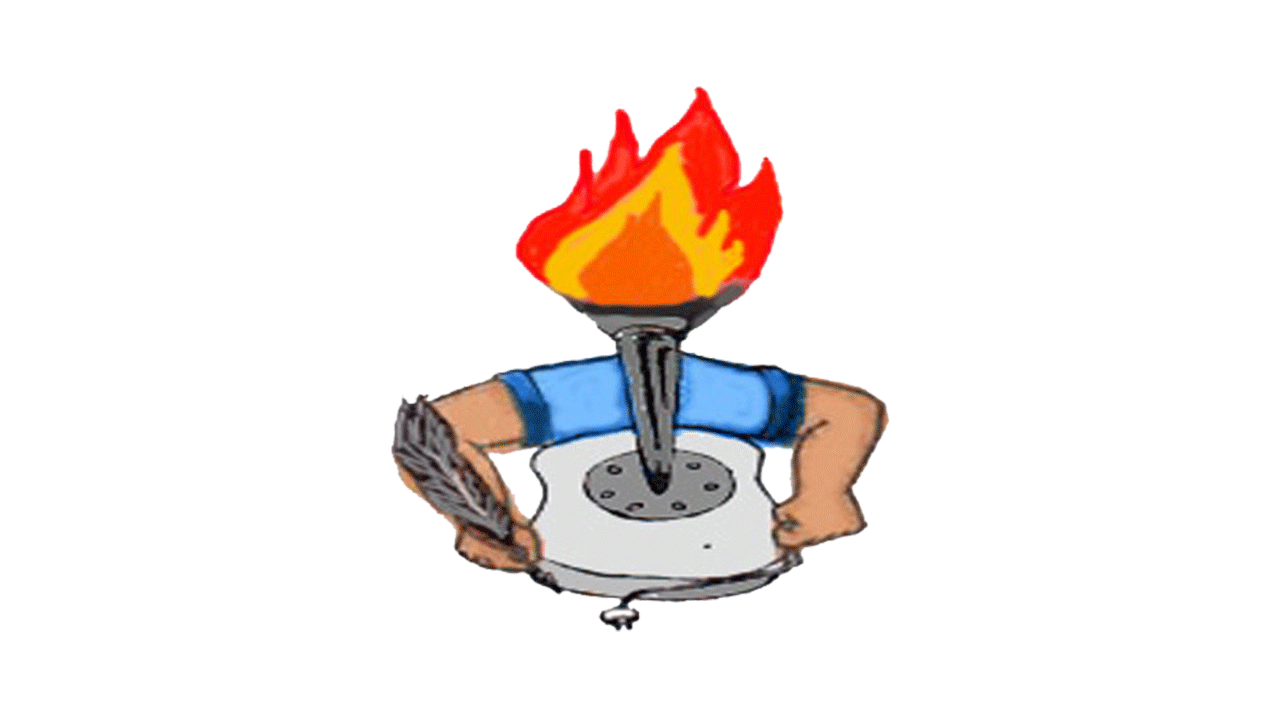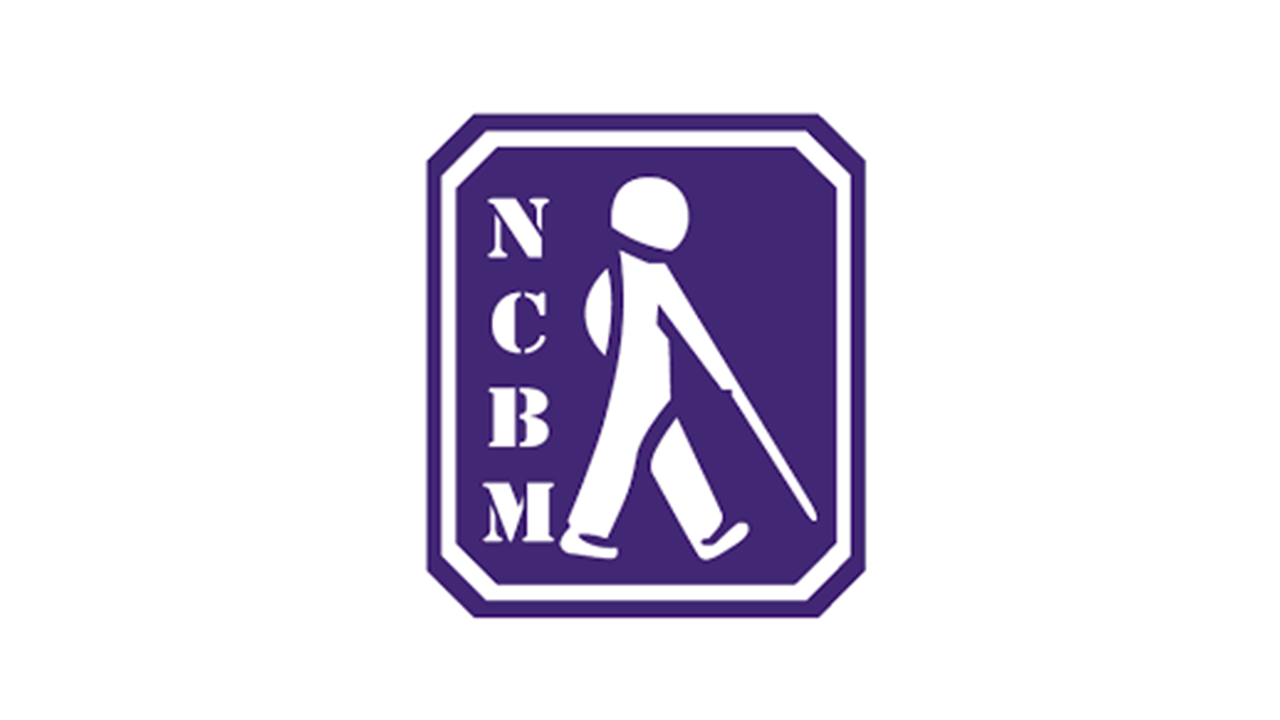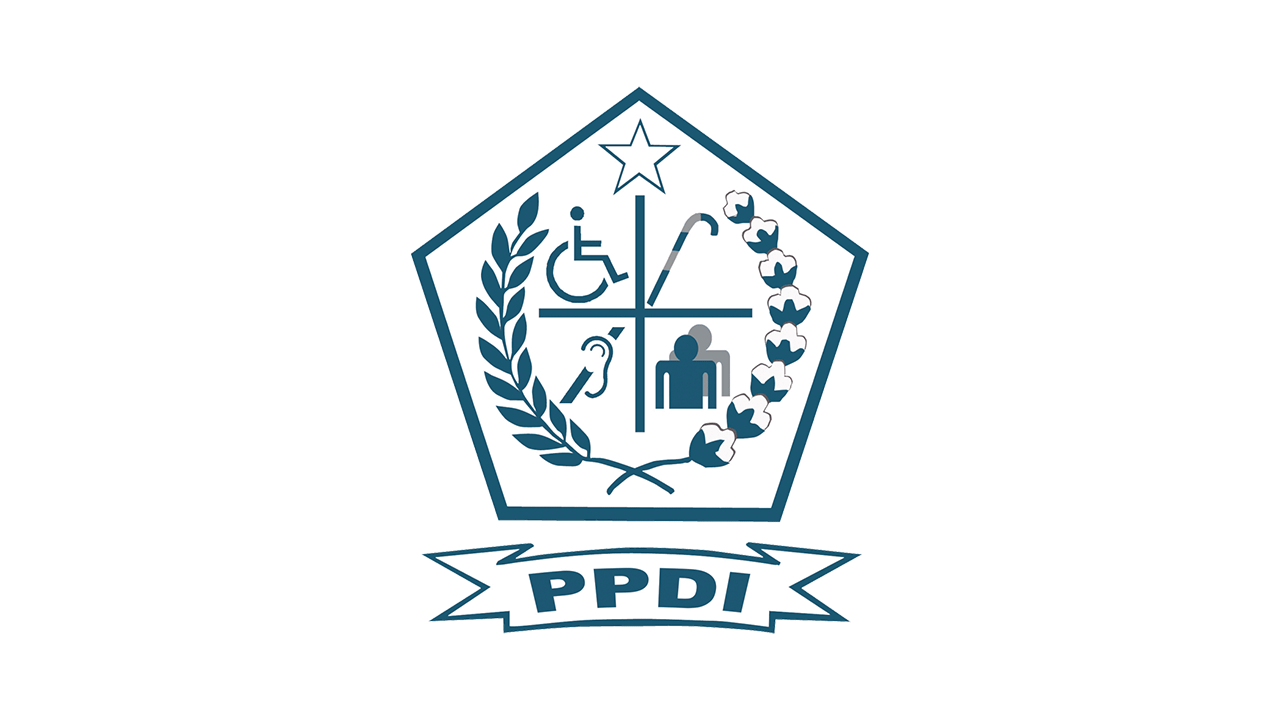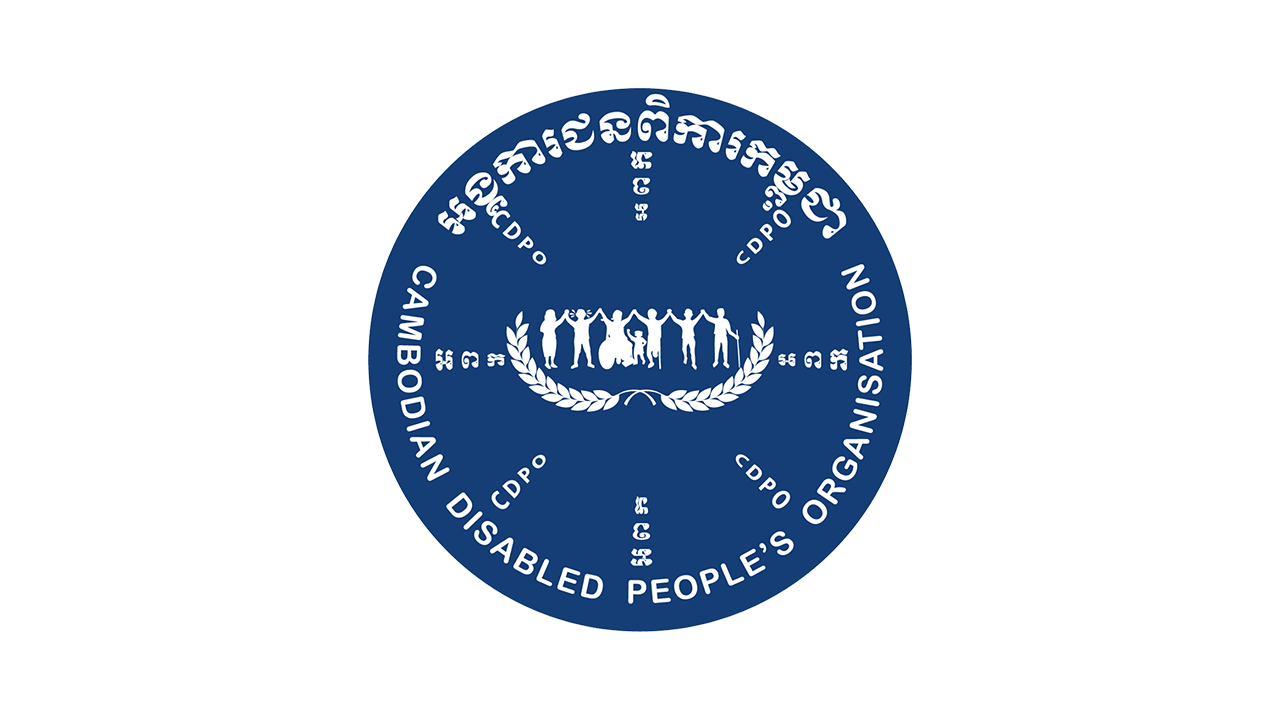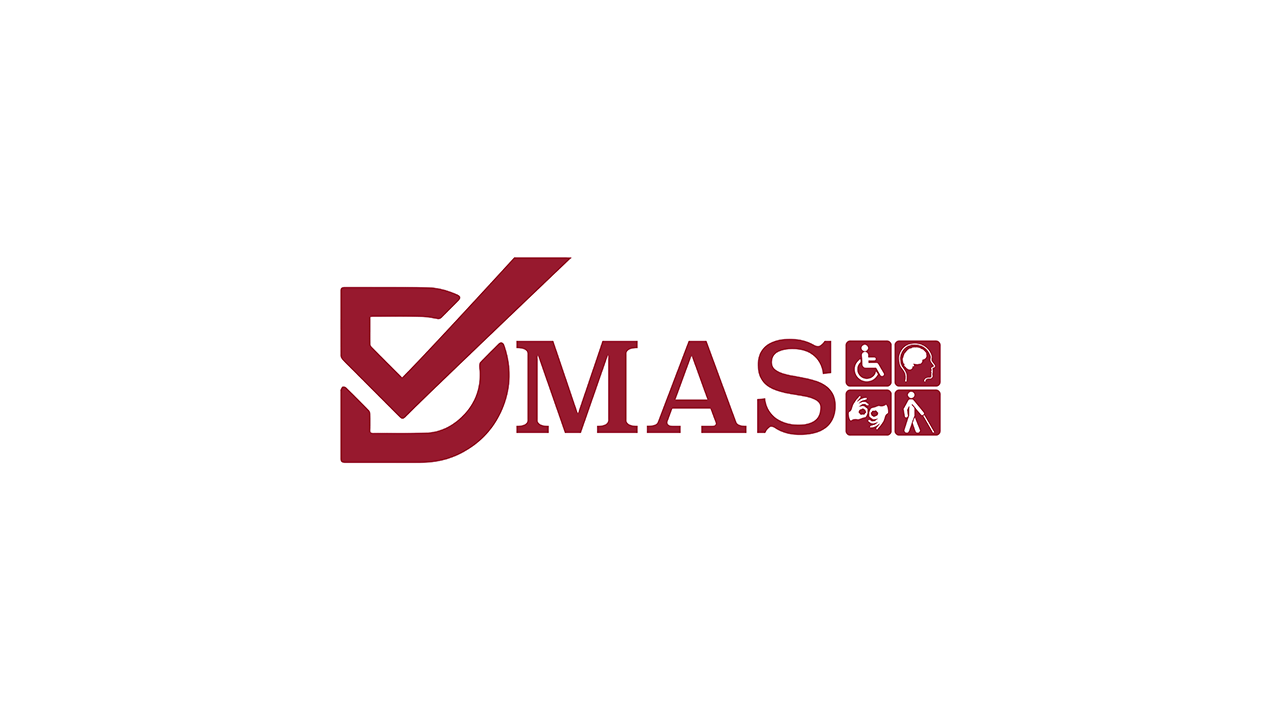From 11 to 25 March, two Students, Christopher Wooley and Dennis Jitae Kim, from the School of International and Public Affairs (SIPA) of Columbia University came to Jakarta for intership in the AGENDA secretariat in Jakarta. During their internship, they carried out capacity assessment activities as well as helping in writing AGENDA’s research report.
The next two articles are written by the two students concerning their internship with AGENDA.
A Semester with AGENDA: Part I
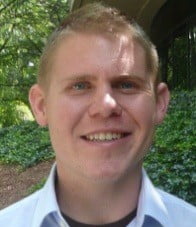
I have had the privilege of working with the AGENDA project since November 2012. This relationship has been part of my final Capstone Consulting Project in preparation for my master’s of international affairs (MIA) degree at Columbia University’s School of International and Public Affairs (SIPA) in New York City. In November 2012, my colleagues Dennis Kim, Samir Ashraf, Alison Hamburg and I joined together to conduct capacity assessments of AGENDA’s regional partners and assist member organizations in completing country and regional reports on election access for persons with disabilities as part of our final studies before graduation this May.
As part of this project, Samir and Alison travelled to Laos in January to work with the Lao Disabled People’s Association (LDPA), while Dennis and I had the opportunity to travel to Indonesia to work with AGENDA’s Jakarta-based program staff and regional partners.
In our two weeks in Jakarta, we administered capacity assessment tools to each of AGENDA’s three Indonesian partners – the Center for Election Access of Citizens with Disabilities (PPUA Penca), the Indonesia Disabled People’s Association (PPDI) and the People’s Voter Education Network (JPPR). We conducted interviews to assess how IFES and AGENDA might better assist partners in the future. We also assisted staff in tailoring Indonesia’s final research report and in composing AGENDA’s regional report on election access.
In addition to the valuable information gained by all involved in this partnership, this experience allowed us to employ the skills and tools learned in two years of study at Columbia in a practical setting. This includes conducting interviews, writing reports and assessing organizational health.
As a result of this project, I also gained valuable experience and knowledge of working in elections – particularly in disability access. Upon graduation this May, I hope to work with non-profit organizations on electoral projects.
Moreover, through working with AGENDA, I learned an incredible amount about election access, inclusion of persons with disabilities and why these topics should matter to the international development community. Before working with AGENDA, I – like many others in this field – knew very little about the issues facing voters with disabilities.
I now feel like I have the tools to press for the inclusion of disability issues and the perspective of individuals with disabilities into future projects I undertake.
I would like to thank IFES, AGENDA, PPUA, PPDI, JPPR and all of the wonderful staff in the Jakarta office for this experience. Their efforts and participation made our work possible, and I hope we will have the opportunity to work together again in the future.
A Semester with AGENDA: Part 2
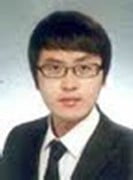
My involvement with the AGENDA project began in November 2012 when my fellow graduate students in the economic and political development concentration at the School of International and Public Affairs (SIPA) at Columbia University chose projects for our last semester.
These projects were meant to help students fine-tune their skills and knowledge developed during the course of study and provide pro bono services to organizations in need of assistance working in development. I had a great interest in electoral assistance and promoting democratic values, so I immediately knew that the AGENDA project was the one for me.
Even before paying a visit to the AGENDA office in Indonesia, our SIPA team – including Chris Wooley, Samir Ashraf, Alison Hamburg and me – encountered challenges, or rather, learning opportunities. Like many, we did not yet have a deep understanding of the issues facing persons with disabilities. This drove us to learn through desk materials sent to us from the AGENDA office and by researching on our own.
During our stay at the AGENDA office, Chris and I received a warm welcome and much support from every staff member. We carried out capacity assessments for each organization – PPUA, PPDI and JPPR – by administering SIPA-designed assessment tools, as well as by conducting follow-up interviews. In this process, Chris and I gained a better understanding of how disabled persons organizations work in the field. We also pinpointed strengths and weaknesses within partners of the AGENDA project. I was amazed at the scope of work each organization is involved in, as well as the enthusiasm of staff members to support equal access for persons with disabilities.
Since our two-week visit to the AGENDA office, the SIPA team has been busy analyzing the data collected and developing a report and recommendations based on our findings. We hope these items become an asset for assisting disabled persons’ organizations, improving their performance and furthering their goals.
Special thanks to Dipo for his assistance in bridging the language gap between the AGENDA staff and our SIPA team.



